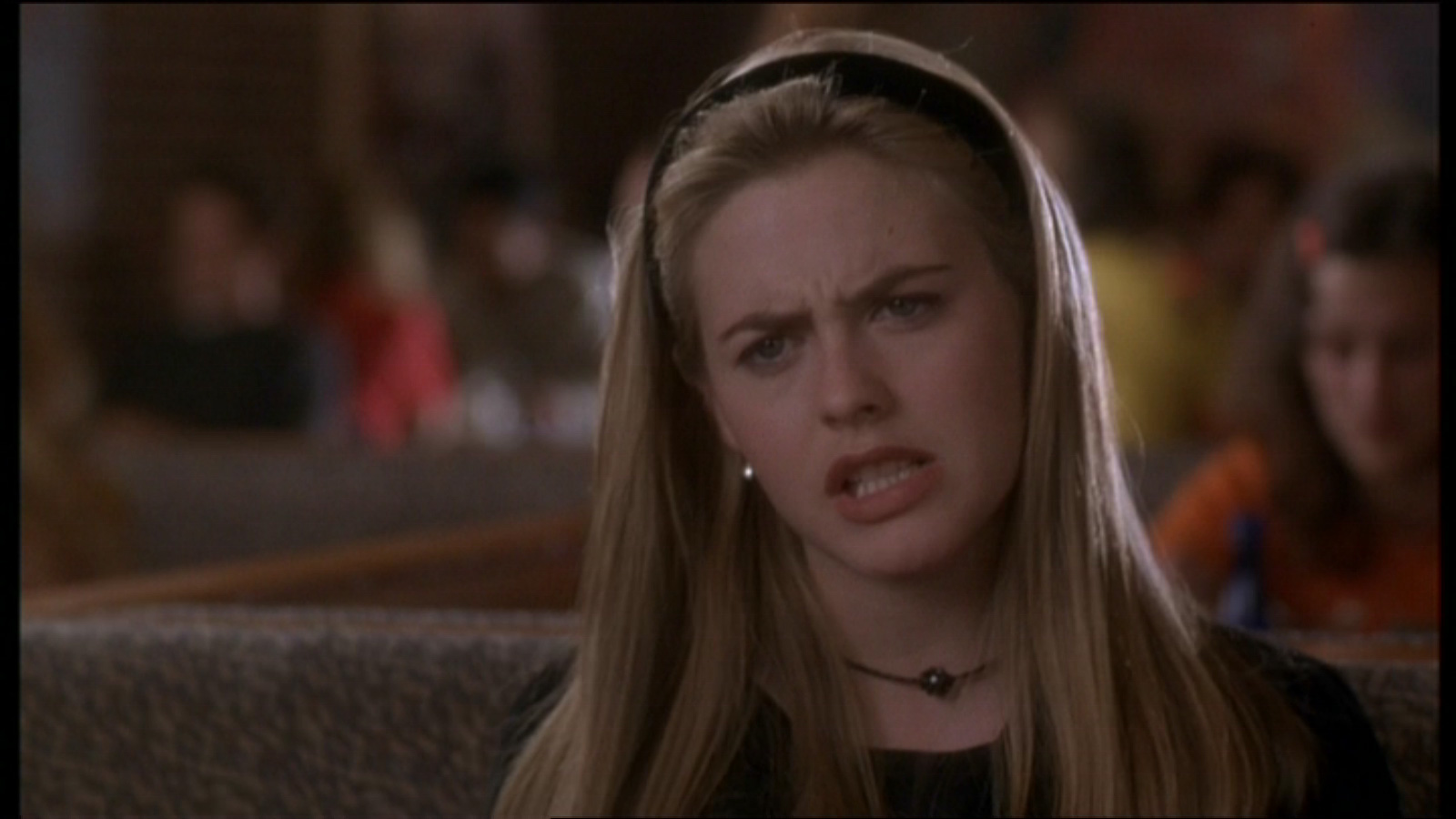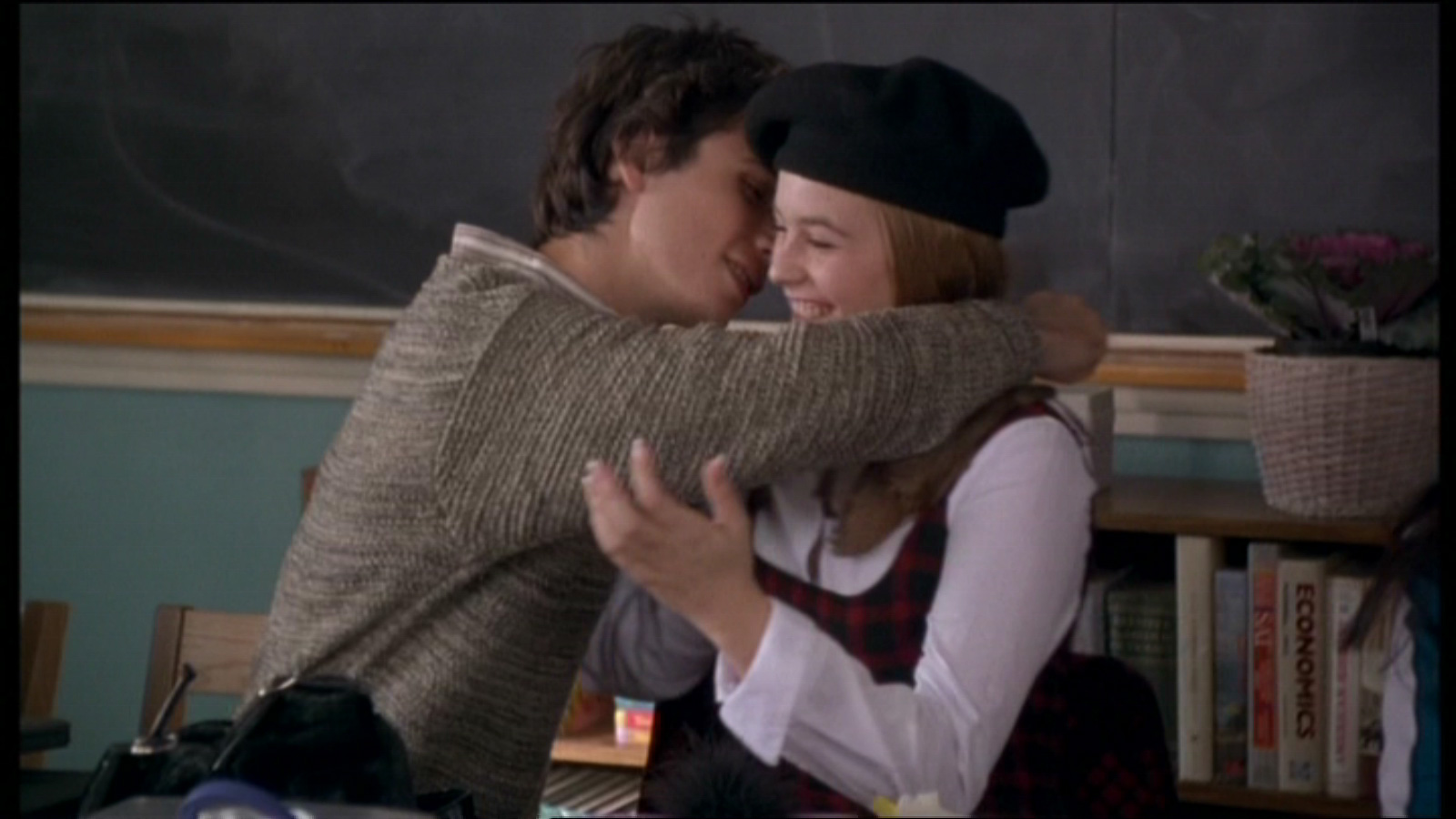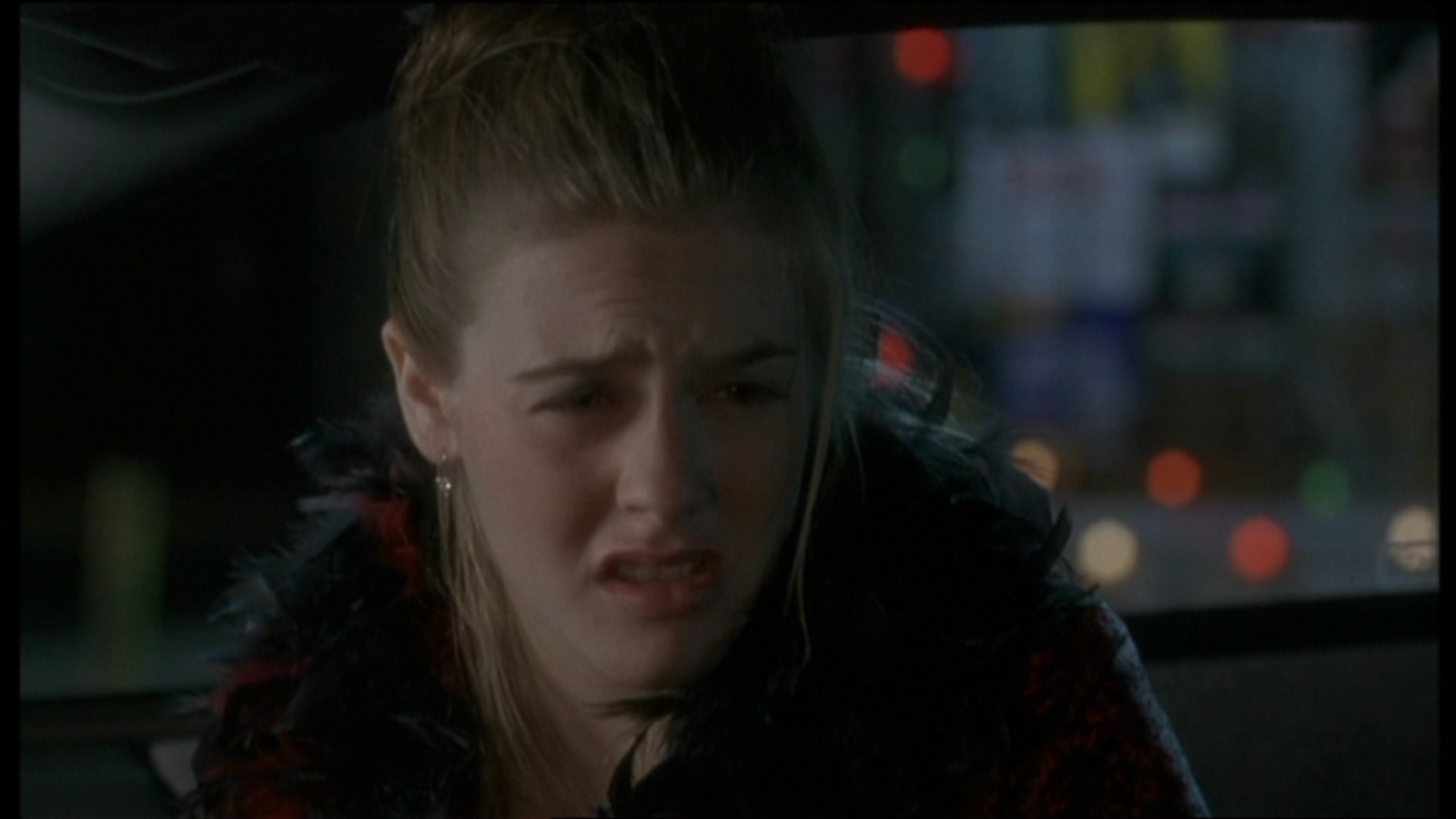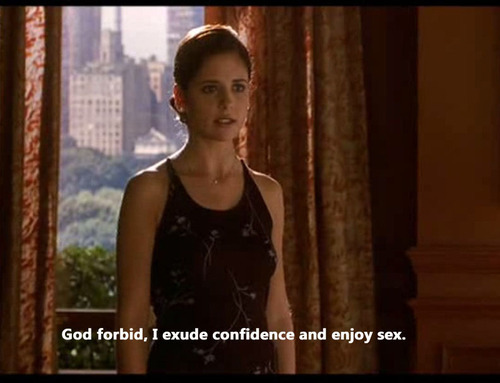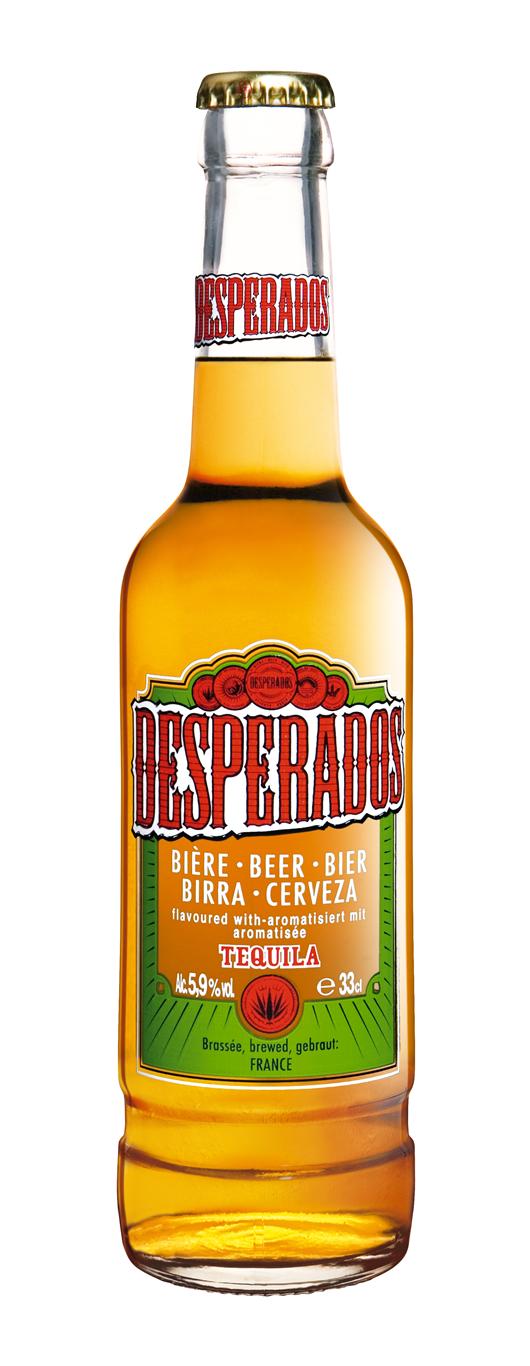Kimberly
Based on the articles I've written so far and my little blurb in the Contributors section, you all are well aware of my affinity for Spanish culture and language. That, I don't have to tell you. But I do have something else to tell you:
I am also pretty obsessed with the Spanish television teen drama Física o Química. (Translation: Physical or Chemical or Physics or Chemistry) To give you a general, cultural perspective, it's basically the Spanish Degrassi. (Or, having premiered in early 2008, it could also possibly be Spain's answer to UK's Skins.)
More specifically, however, the show follows the students and teachers of Colegio Zurbarán, a high school located in Spain's bustling capital of Madrid. What makes it interesting, of course, is the series of dramatic hookups, breakups, and rumors that circulate amongst both the students and the staff. (See? Spanish Degrassi, in Canadian and American terms.)
 |
| Students of the first season |
However, I'm afraid I cannot compare specific characters, storylines, and events of Física to those of its Canadian predecessor. No, it's not that Física o Química is any better or worse than Degrassi, or that some things "just don't translate." (After all, we can agree that these are purely guilty pleasure shows, at least for those of us aged 18 and older.)
It's just that I can't enjoy Degrassi. At. All.
For one, I find the acting appalling. I remember sifting through television channels at the Degrassi-appreciative age and cringing in response to the acting even then. So I would wait until someone said "sorry", giggle, and then change the channel. Thus, I could never get into it.
 |
| All I know about this picture is that the kid in the wheelchair raps. Right? |
One great thing about it is that each episode, or capítulo, lasts approximately an hour and 20 minutes long, so basically, if you were living in Spain, you'd have an entire feature-length film's worth of sex, lies, and Maxi Iglesias' piercing blue eyes every week.
So why and how do I like this and not "Degrassi"? Is it because I watch it to maintain my listening skills? (Maybe all that corny dialogue doesn't sound so corny in Spanish.) Is it the fact that the Pilot episode premiered when I was studying in Madrid? Is it because I want to put a nervous/confused Javier Calvo (who plays Fer, the only openly gay character until he gets a steady boyfriend in season 3) in every future film I hope to make? Am I hoping to recognize areas of Madrid in the background of exterior scenes? Is it because I eagerly anticipate who is going to be the new gym teacher each season? Maybe I'm just waiting for one of them to jumpstart his/her rap career.
 |
| Alright, fine, it's because of the hunky jailbird waiter of the cafeteria, Berto. |
Whatever the reason, I'm sure a large part of it has to do with being there since the very beginning, during each character's arc. I hear there is an overwhelming number of seasons of Degrassi, so I suppose catching up with the current season (if it exists) isn't a task I hope to take on anytime soon. I was there when Irene, the philosophy teacher during the first four seasons, had her first day at Zurbarán and discovered that Isaac, her one-night-stand from the night before happened to be a student in her class. I was also there when Gorka, of all people, helped deliver the child of Olimpia, the hard-headed English teacher and former principal. I even watched as Fer's parents were relieved to hear that Fer was gay and not an alcoholic.
As cheesy and silly as it all seems, it's an educational, (in terms of maintaining Spanish listening skills,) cathartic, and sometimes even vicarious way to be entertained. It works in the same way soap operas and telenovelas do, but I'd like to think that Física o Química has a much higher production value and a vague yet existing sense of cultural relevance. (There are definitely lessons to be learned in each episode, thus giving it a dash of "after-school special.")
 |
| Julio (Gonzalo Ramos) was even a nazi skinhead for a few episodes, despite having a gay friend, a Chinese friend, and a liberal ex-girlfriend. |
And I'm sure you Degrassi people can say the same thing for your beloved albeit often underdeveloped characters, such as: "I was there when Jimmy got shot."



